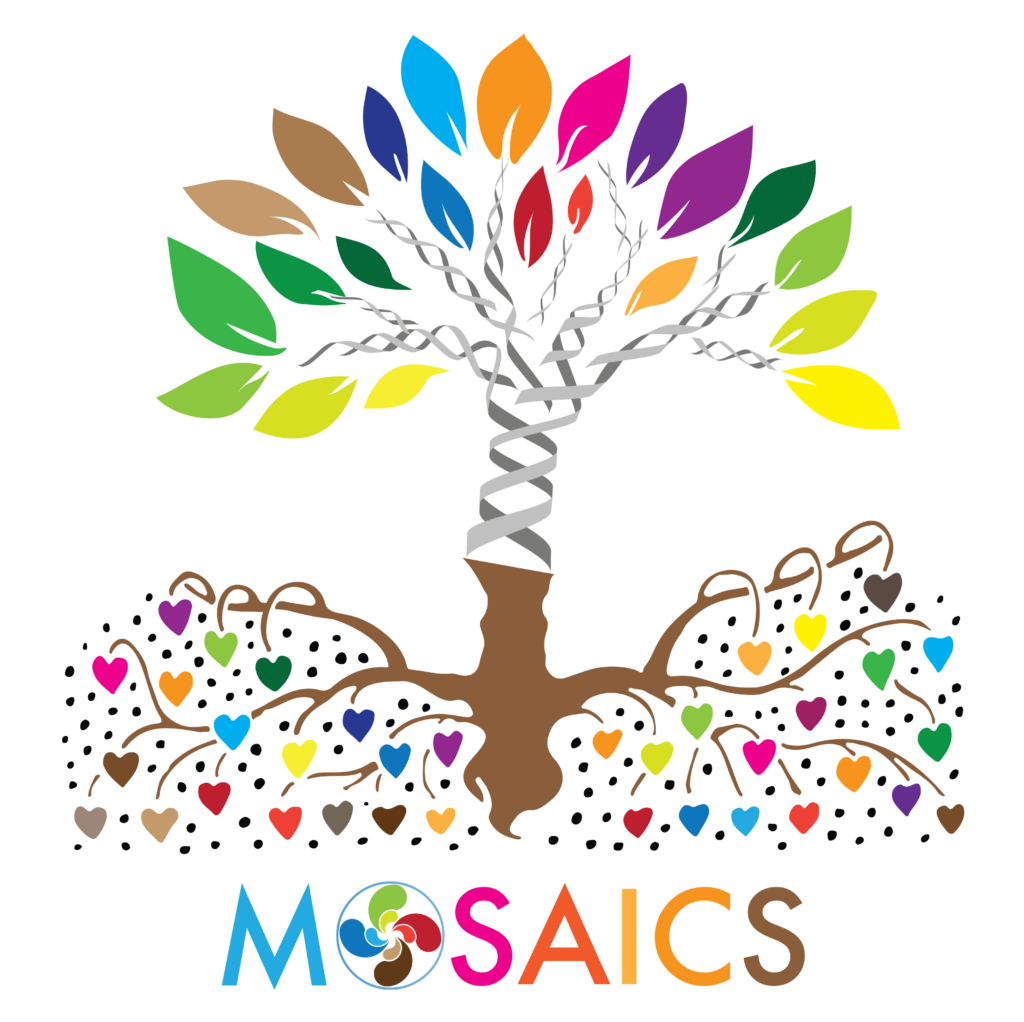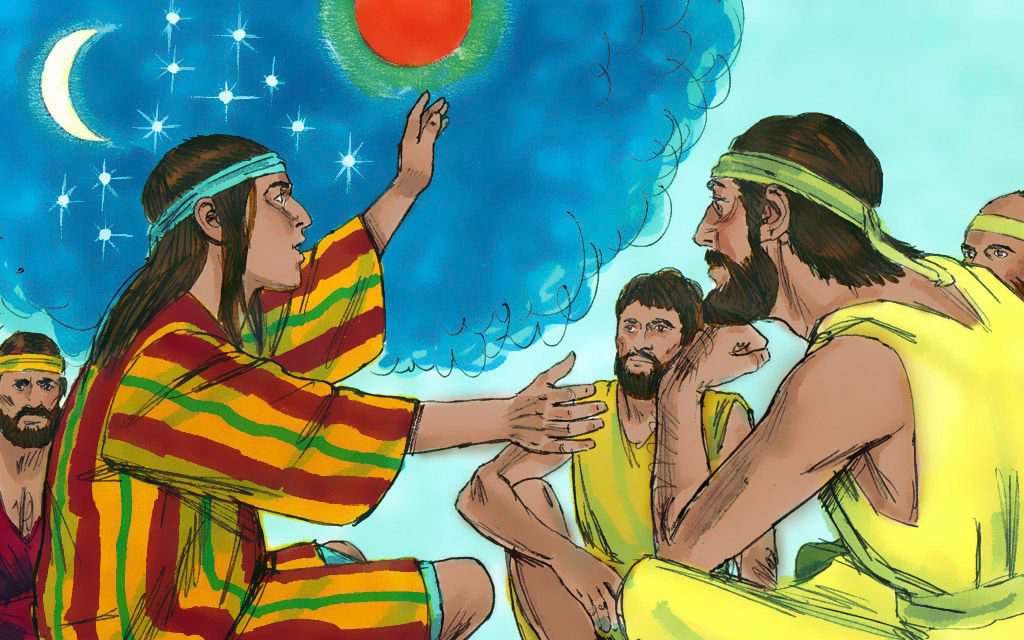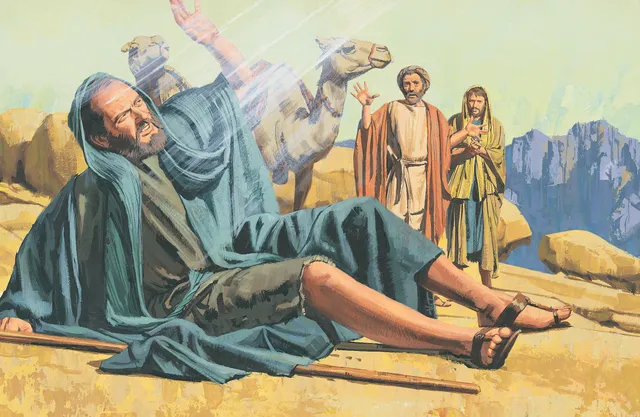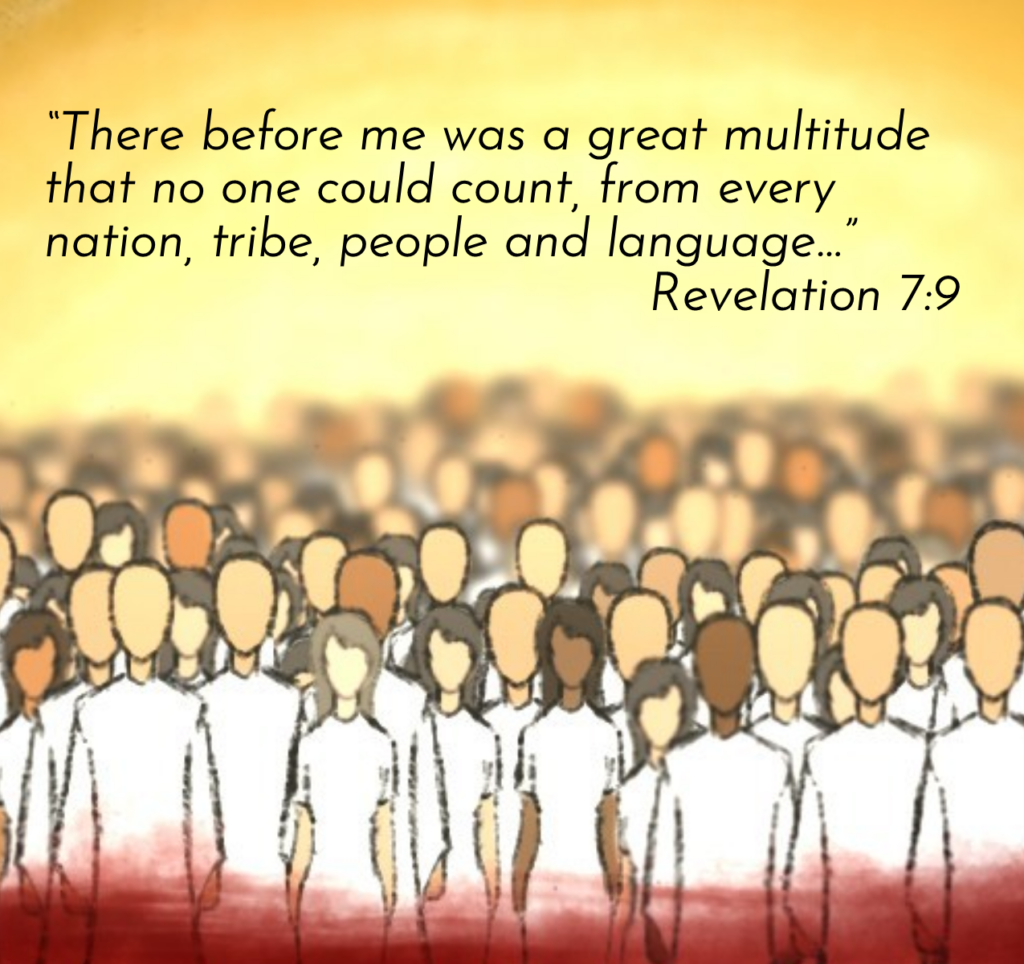Dear beloved siblings in Christ,
Today, let us gather in the warmth of fellowship to explore the abundant blessings found within the Scriptures. Together, let us embark on a journey of rediscovery, embracing five timeless virtues that have the power to uplift our spirits and infuse our lives with hope: humility, flexibility, patience, peace, and thanksgiving.
1. Humility: In Philippians 2:3-4, Apostle Paul teaches us to embrace humility in our interactions by saying, “Don’t be selfish; don’t try to impress others. Be humble, thinking of others as better than yourselves. Don’t look out only for your own interests, but take an interest in others, too.”
Humility is the cornerstone of our faith, guiding us to value others above ourselves, and to recognize the beauty and worth in every soul. In humility, we find strength, for it is through acknowledging our dependency on God that we are truly empowered.
John the Baptist was a significant figure in Jewish history, known as the forerunner of Jesus Christ. He preached repentance and baptized people in preparation for the coming of the Messiah. Crowds flocked to hear him preach and to be baptized by him in the Jordan River.
Despite his popularity and influence, John understood his role in God’s plan and maintained a humble attitude throughout his ministry. When asked about his identity and authority, John declared, “I am not the Messiah; I am only a voice shouting in the wilderness, ‘Clear the way for the Lord’s coming!'” (John 1:23).
John’s humility is further demonstrated in his response to Jesus’ increasing prominence. As Jesus began His own ministry and gained more followers through His teachings and miracles, some of John’s disciples expressed concern about Jesus overshadowing their master. Yet, John humbly acknowledged Jesus’ supremacy, saying, “He must become greater and greater, and I must become less and less” (John 3:30).
John’s humility reached its pinnacle when he baptized Jesus in the Jordan River. Despite his initial hesitation, John obeyed God’s command and baptized Jesus, recognizing Him as the long-awaited Messiah. As Jesus emerged from the water, the heavens opened, and the Spirit of God descended upon Him, while a voice from heaven declared, “This is my dearly loved Son, who brings me great joy” (Matthew 3:17).
John’s life and ministry serve as a powerful example of humility, selflessness, and obedience to God’s will. He understood that his purpose was to prepare the way for Jesus and to point others to Him, rather than seeking personal recognition or glory. Through his humble service, John paved the way for the revelation of God’s salvation in Jesus Christ, demonstrating the transformative power of humility in fulfilling God’s purposes.
2. Flexibility: As we journey through life, let us remember the words of Proverbs 19:21, acknowledging that while we may make plans, it is ultimately the Lord’s purpose that prevails. We must open to the divine guidance of the Holy Spirit, willing to adjust our plans and expectations to align with God’s sovereign will. By embracing flexibility, we surrender control to the One who holds our futures in His hands.
Bible illustrates flexibility in the book of Acts, concerning the Apostle Peter’s encounter with Cornelius, a Roman centurion.
At that time, it was common for Jewish believers to strictly adhere to their customs and traditions, maintaining a clear separation from Gentiles. However, in Acts 10, we see how God challenged Peter’s perspective and expanded his understanding of His plan for salvation.
Cornelius, a devout Gentile, received a vision from God instructing him to send for Peter, who was staying in Joppa. Meanwhile, Peter also received a vision from God, where a sheet containing all kinds of animals was lowered from heaven, and a voice commanded him to kill and eat. Peter, being a devout Jew, initially refused, as the animals were considered unclean according to Jewish dietary laws.
However, the voice responded, “Do not call anything impure that God has made clean” (Acts 10:15). This happened three times, and soon after, messengers sent by Cornelius arrived at Peter’s house, requesting him to come to Cornelius’s home.
Despite his reservations and the societal norms of the time, Peter agreed to accompany the messengers to Cornelius’s house. When he arrived, he found a gathering of Gentiles eagerly awaiting his arrival. Peter then proclaimed to them the message of Jesus Christ, realizing that God had shown him not to consider any person unclean or unworthy of receiving the gospel message.
As Peter spoke, the Holy Spirit fell upon Cornelius and his household, just as it had upon the Jewish believers on the day of Pentecost. Witnessing this miraculous outpouring of the Spirit, Peter declared, “Surely no one can stand in the way of their being baptized with water. They have received the Holy Spirit just as we have” (Acts 10:47).
Through this encounter, Peter recognized that God’s salvation was not limited to the Jewish people but extended to all nations and peoples. He embraced the flexibility to adapt his understanding and practices to align with God’s inclusive plan for salvation.
The story of Peter and Cornelius highlights the importance of flexibility and openness to God’s leading, even when it challenges our preconceived notions and traditions. It reminds us that God’s love and grace know no bounds, and His desire is for all people to come to repentance and faith in Jesus Christ.
3. Patience: In times of waiting and uncertainty, James 5:7-8 encourages us to “be patient as you wait for the Lord’s return. Consider the farmers who patiently wait for the rains in the fall and in the spring. They eagerly look for the valuable harvest to ripen. You, too, must be patient. Take courage, for the coming of the Lord is near.” A compelling story of patience is found in the life of Joseph, the son of Jacob, as recounted in the Book of Genesis.
Joseph was the favored son of Jacob, which aroused jealousy among his brothers. In their envy, they plotted against him and sold him into slavery in Egypt. Despite being separated from his family and enduring many trials, Joseph remained faithful to God and maintained his integrity.
As a slave in Egypt, Joseph faced temptation and false accusations. He was imprisoned unjustly, yet he continued to trust in God’s plan for his life. Even in the darkest of times, Joseph remained patient and steadfast, holding onto the belief that God would ultimately deliver him.
Joseph’s patience was rewarded when Pharaoh, the ruler of Egypt, had troubling dreams that none of his wise men could interpret. Through God’s guidance, Joseph interpreted Pharaoh’s dreams, predicting seven years of abundance followed by seven years of famine. Impressed by Joseph’s wisdom, Pharaoh elevated him to a position of authority, making him second in command over all of Egypt.
During the years of abundance, Joseph wisely stored up grain to prepare for the coming famine. When the famine struck, Joseph’s preparations saved countless lives, including those of his own family, who eventually came to Egypt seeking food.
In the end, Joseph was reunited with his brothers and father, and he forgave them for their betrayal. Through Joseph’s patience and unwavering faith in God’s plan, he was able to rise from slavery to become a powerful leader and savior of his people.
The story of Joseph teaches us the importance of patience and trust in God’s timing. Even in the face of adversity and uncertainty, we can take comfort in knowing that God is faithful and that His plans for us are for our good. As we wait patiently for His promises to be fulfilled, we can find strength in His presence and guidance.
4. Peace: In the midst of chaos and turmoil of our life, our Lord Jesus Christ in John 14:27 comforts us by saying, “I am leaving you with a gift—peace of mind and heart. And the peace I give is a gift the world cannot give. So don’t be troubled or afraid.” Let His peace, which surpasses all understanding, be our fortress and our refuge., may His peace guard our hearts and minds, granting us serenity and assurance. A biblical story of peace can be found in the account of the prophet Elijah’s encounter with God on Mount Horeb, also known as Mount Sinai.
During a time of great turmoil and conflict in Israel, Elijah found himself fleeing from the wrath of Queen Jezebel, who sought to kill him. Exhausted and disheartened, Elijah journeyed into the wilderness and sought refuge on Mount Horeb, the very place where God had appeared to Moses in the burning bush.
As Elijah settled into a cave on the mountain, God spoke to him, asking, “What are you doing here, Elijah?” (1 Kings 19:9). Elijah poured out his heart to God, expressing his frustration and despair over the state of Israel and his own life.
In response, God did not scold Elijah or condemn him for his feelings. Instead, God revealed His presence to Elijah in a gentle whisper. It was in this quiet, intimate moment that Elijah experienced the peace and reassurance of God’s comforting presence.
Through their dialogue, God renewed Elijah’s sense of purpose and called him to continue his prophetic ministry. God assured Elijah that he was not alone in his struggles and that there were still faithful servants of God in Israel. God also provided Elijah with a new mission, instructing him to anoint new kings and appoint Elisha as his successor.
Elijah’s encounter with God on Mount Horeb demonstrates the transformative power of experiencing God’s peace in the midst of turmoil and uncertainty. It reminds us that true peace comes not from the absence of conflict, but from the presence of God in our lives.
In moments of distress and upheaval, like Elijah, we can find solace and strength in seeking God’s presence and listening for His voice. Through His peace, God can calm our fears, renew our spirits, and guide us forward in faith and obedience.
5. Thanksgiving: 1 Thessalonians 5:18 says, “Be thankful in all circumstances, for this is God’s will for you who belong to Christ Jesus” and Philippians 4:6 says, “Don’t worry about anything; instead, pray about everything. Tell God what you need, and thank him for all he has done.”
As Jesus was traveling between Samaria and Galilee, he entered a village and encountered ten lepers who stood at a distance, crying out to him for mercy. Leprosy was a debilitating and highly stigmatized disease in ancient times, causing physical suffering and social isolation. In response to their plea, Jesus had compassion on them and instructed them to go and show themselves to the priests, as was required for anyone who believed they had been healed of leprosy. As the lepers obeyed Jesus’ command, they were miraculously cleansed of their affliction.
Filled with joy and gratitude, one of the lepers, realizing that he had been healed, turned back, glorifying God with a loud voice. He fell at Jesus’ feet, thanking him for the incredible gift of healing. This man was a Samaritan, a foreigner to the Jewish people, which made his act of gratitude even more remarkable.
Jesus, deeply moved by the Samaritan’s gratitude, remarked, “Were not all ten cleansed? Where are the other nine? Has no one returned to give praise to God except this foreigner?” (Luke 17:17-18).
Through this encounter, Jesus not only demonstrated his power to heal physical ailments but also emphasized the importance of gratitude and thanksgiving. The Samaritan leper’s act of thanksgiving serves as a powerful example for us all, reminding us to always acknowledge and appreciate the blessings we receive from God.
In our own lives, may we cultivate hearts of gratitude, offering thanksgiving to God for His abundant goodness and mercy. Like the Samaritan leper, may we never hesitate to return to Jesus’ feet with hearts full of gratitude, glorifying God for His wondrous works in our lives.
Paul says in Ephesians 4:1-3, “As a prisoner for the Lord, then, I urge you to live a life worthy of the calling you have received. Be completely humble and gentle; be patient, bearing with one another in love. Make every effort to keep the unity of the Spirit through the bond of peace.”
As we embody these virtues, may we shine brightly as reflections of God’s glory, in a world in desperate need of hope and healing. Let us, therefore, walk in humility, flexibility, patience, peace, and thanksgiving, knowing that as we do, we are drawing closer to the heart of our Lord Jesus. Amen.

















